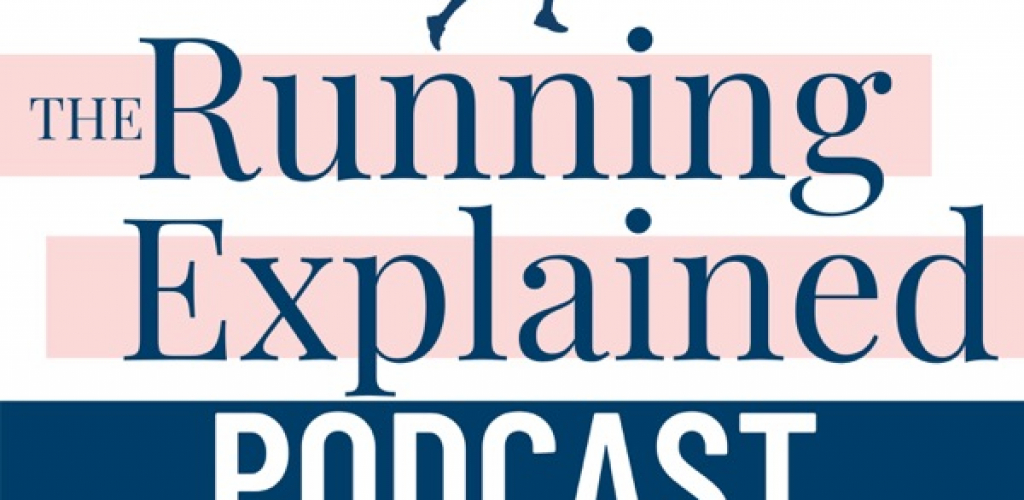We’re going back to basics—because let’s be honest, most runners are still underfueling!
In this special anniversary episode, I’m bringing back the very first guest I ever had on the show: Registered Dietitian and running coach Cortney Berling to talk (again) about RUNNING NUTRITION 101!
If you’ve ever wondered…
- Should I eat before my run? Why? When? What??
- How much fuel do I ACTUALLY need during long runs?
- Why is post-run fueling so dang hard?
- And wait... am I underfueling even if I’m not losing weight?
This one’s for you.
We cover:
🥯 Pre-run fueling (yes, even early morning runs!)
🔋 In-run fueling strategies & how to train your gut
🍳 What post-run nutrition should look like (even when you're not hungry)
⚡ Fueling myths that won’t die
🧠 Why underfueling might be the real reason you feel overtrained or stuck
Whether you’re training for your first 5K or your 100th marathon, this is a conversation every runner should hear.
Mentioned in this episode:
Cortney’s Instagram: @eatwell.runbetter
Learn more at eatwellrunbetter.com
Our original episode from Season 1!
"s1/e02 Running Nutrition with Cortney Berling, RD"
---
--
🏃♀️ Running Explained is here to help you run smarter, get faster, and feel more confident in your training.From trusted education to real-world coaching support, we’ve got what you need: no fluff, no gimmicks, just evidence-based guidance that works.
🎙 Podcast & Blog: Free, accessible, no-BS running education📨 The Weekly Stride: Your favorite running newsletter📲 The Run Club App: Training plans + strength work in one place📋 Downloadable Training Plans: Built for real life, not perfection 🏅 1:1 Coaching: Personalized guidance with expert support
🔗 Start here → runningexplained.com


